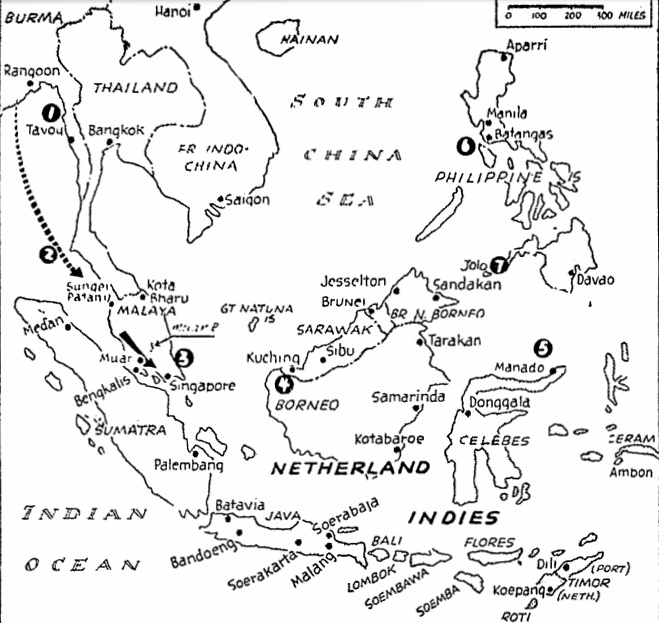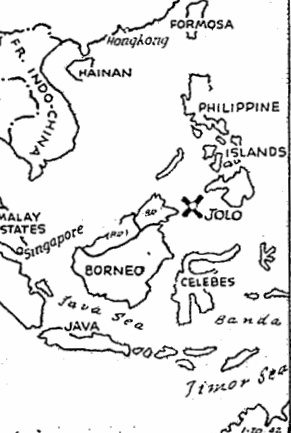Priorities system instituted by U.S. along Burma Road
American Army officers supervise traffic as first step in imposing military control to clean up highway’s rackets
By Leland Stowe
Rangoon, Burma –
Under the pressure of unprecedented attention from the British and American governments and the pressure of the Pacific War’s exigencies, another attempt to reform the Burma Road and eliminate the contraband and racketeering abuses, which have dominated its 3.5-year career, is being launched.
According to an announcement made here, the first step toward military control of the highway’s traffic was worked out with the approval of the Chinese government.
The new plan puts U.S. Army officers attached to Gen. John Magruder’s military mission to Chungking in charge of traffic over the entire 1,400 miles of Burma-Yunnan Highway from Rangoon to Kunming. The road was divided into two segments and an American officer appointed to supervise each section in cooperation with Chinese officials.
Police still lacking
To this extent the Chinese authorities apparently with complete willingness and considerable relief have handed over to the Americans the responsibility for taming the Burma Road and increasing its monthly tonnage totals of Lend-Lease war materials actually delivered to China. On the other hand. it has not yet been made clear whether the road will be reformed to the extent of the inauguration of a military police system along the entire length, as experts long have urged.
In any case, the Chinese have now granted U.S. Army officers supervision of the Burma Road, with policing, machinery and similar essentials still indefinite, or not worked out, but with the Chinese authorities unquestionably showing an extremely cooperative spirit.
Lend-Lease materials
If the new program succeeds, of course the Chinese forces will receive much more Lend-Lease war materials than was ever possible in the past. Some observers here also remark that if the plan succeeds there shortly will be many thousands of tons less of American war materials left stored in Burma where they might be transferred to the British forces in case of emergency.
It is stated that commercial traffic – which until now has usually superseded war materials in transit privileges over the road – will be strictly subordinated to those Lend-Lease materials which China needs for the immediate prosecution of her war efforts against Japan.
American officers and Chinese road executives will establish priorities for cargoes to be trucked from Rangoon or Lashio to Kunming. War “must” materials will be classified first, it is said; materials for the Yunnan-Burma Railroad second maintenance equipment for the road itself the third and last of a non-essential – for which it would seem there would be no space in the present emergency, although some commercial goods might conceivably be allowed to trickle through.
New depots
The American officers plan to create new depots or relay points for lorries along the highway.
The effective development of the Burma Road reform – late as the effort is in being launched l depend chiefly upon two factors. First, upon the degree of Chinese anxiety to clean up the road and put it on a strictly war-serving basis. Second, upon the personal acuteness, even more than upon the personal energy of the U.S. Army officers who have been appointed to supervise the road.

